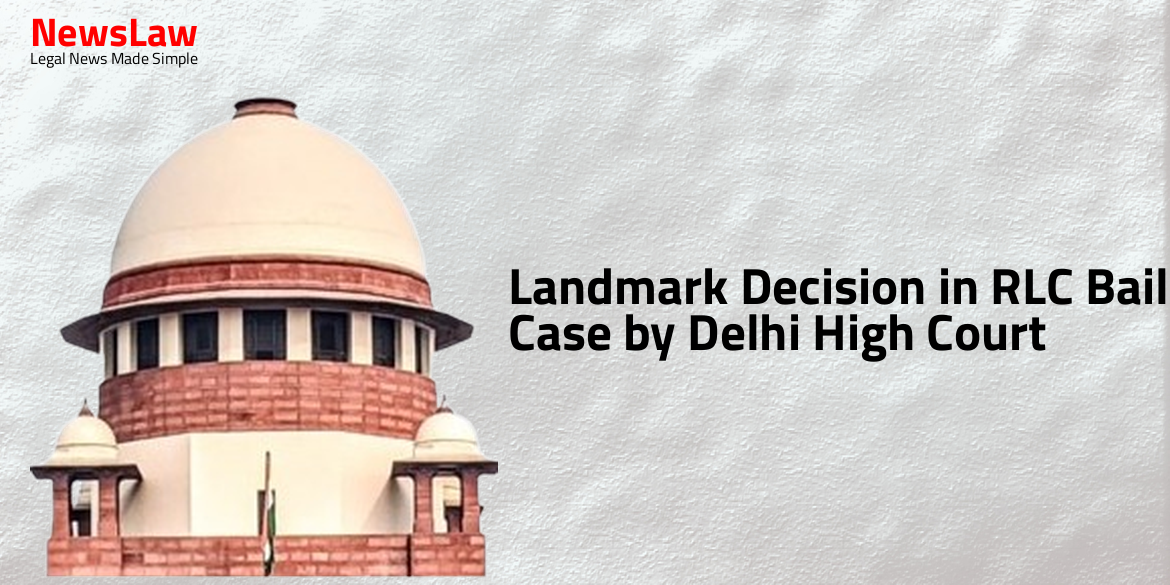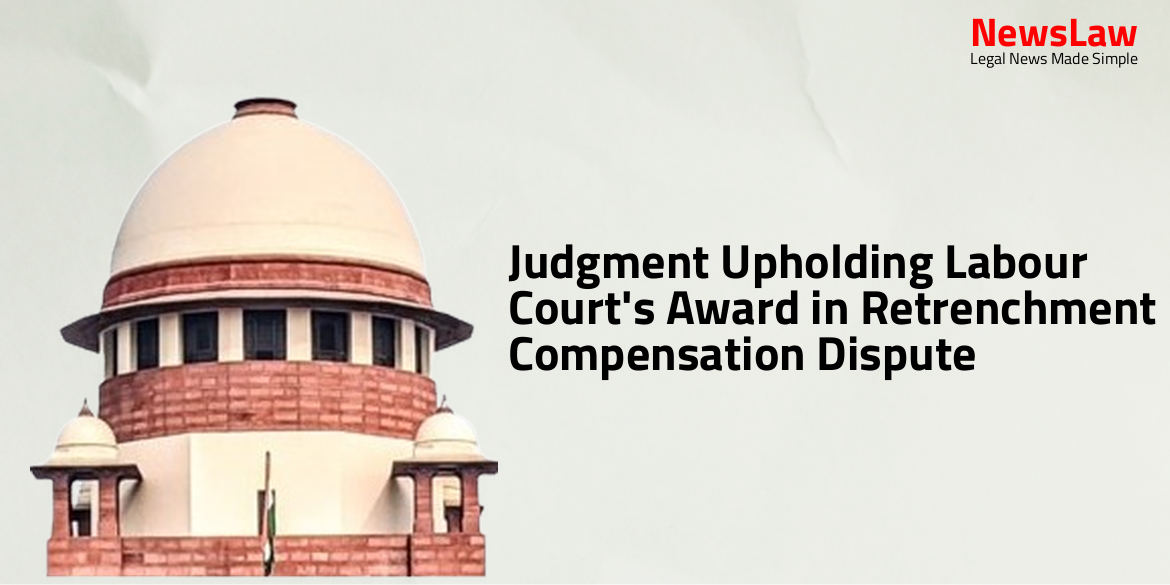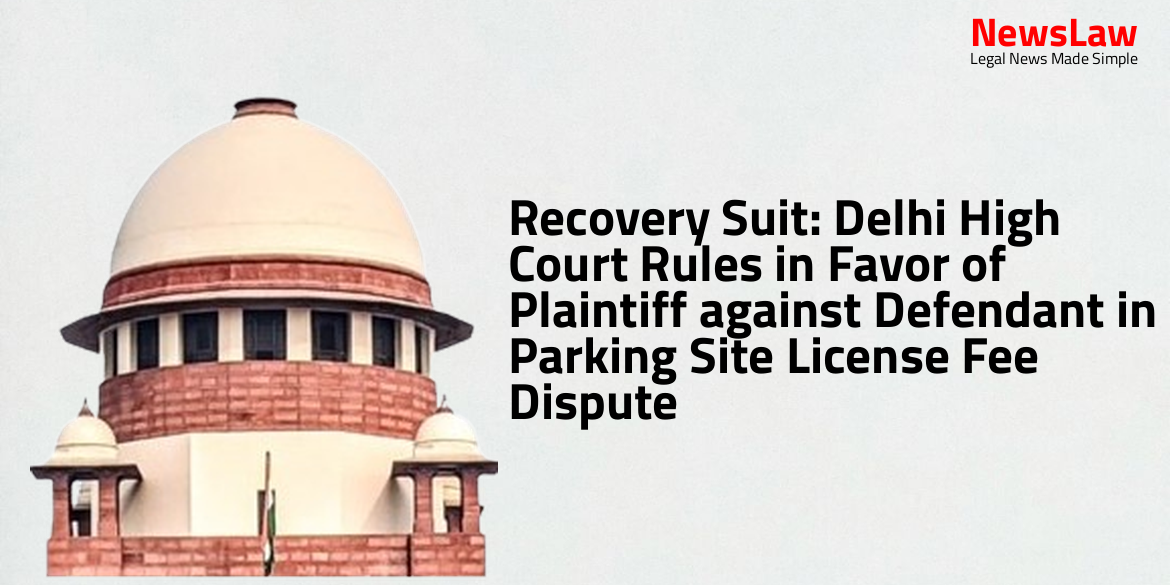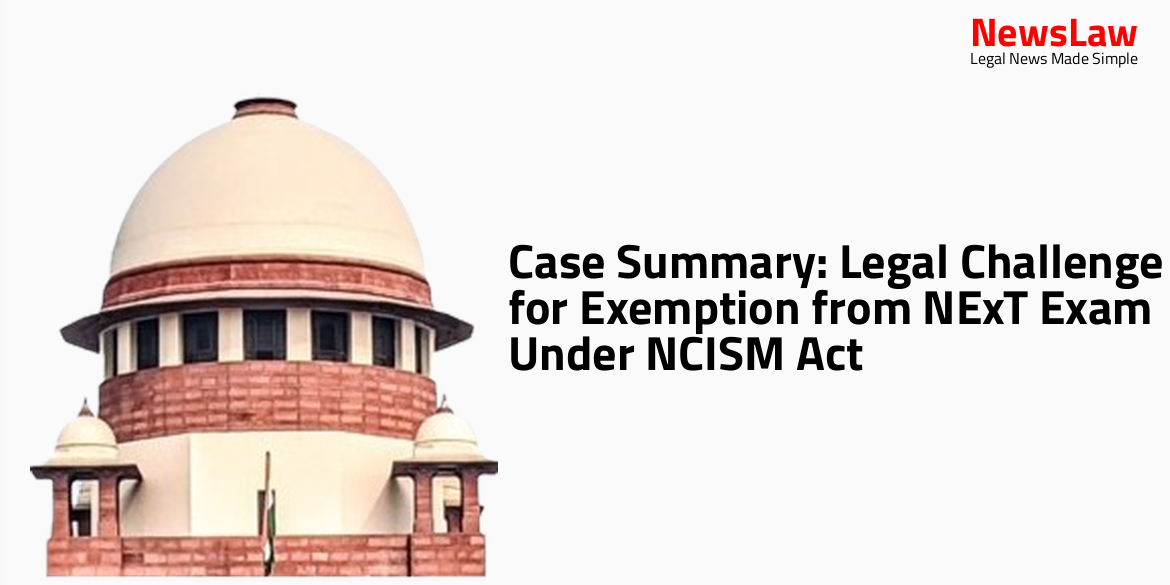In a significant ruling by the Delhi High Court, the case involving RLC’s bail application has generated attention for its emphasis on procedural adherence and fair trial standards under the NDPS Act. The judgment, based on established legal principles and Supreme Court precedents, showcases the court’s commitment to upholding justice in the face of complex legal challenges.
Facts
- RLC was granted bail based on the grounds that he was not directly involved in the drug trafficking activities mentioned in the case.
- The Special Judge took into consideration that RLC did not have a criminal record and was a first-time offender.
- RLC was granted bail with certain conditions such as surrendering his passport and cooperating with the investigation.
Arguments
- The learned counsel for the petitioner argues that contraband of a commercial quantity was seized from the respondent.
- Despite the seizure of a commercial quantity of contraband, the respondent has been granted bail.
- The petitioner’s counsel raises concerns about the respondent being released on bail despite the gravity of the offense.
- FSL report and seizure memo prove seized samples were Narcotics/Psychotropic Substances.
- Samples were drawn at the site.
- Non-compliance with Section 52A of NDPS Act and length of incarceration not valid grounds for bail.
- Stringent provisions of Section 37 of NDPS Act are to be considered.
- Contraband is still available and can be produced in court when required.
- Delay in trial not caused by accused can be a reason for bail under Article 21 of the Constitution.
- Importance of mandatory compliance with Section 52A of NDPS Act highlighted by the Supreme Court in Yusuf @ Asif v. State.
Analysis
- The seized contraband and samples drawn therefrom would not be valid primary evidence in the trial due to lack of certification by the Magistrate.
- The seizure of contraband must be forwarded to the officer-in-charge or empowered officer, who then prepares an inventory certified by the Magistrate.
- Merely drawing samples in the presence of a gazetted officer does not comply with the mandate of Section 52A of the NDPS Act.
- Samples drawn in the presence of the Magistrate and certified by the Magistrate alone constitute primary evidence for trial.
- No evidence shows compliance with the procedure under Section 52A of the NDPS Act for seizure and sample drawing.
- Non-compliance with Section 52A of the NDPS Act is sufficient to grant bail under Section 37 of the NDPS Act.
- In Bothilal v. Narcotics Control Bureau, the Supreme Court reiterated that a serious doubt is created about the prosecution’s case when the substance recovered is claimed to be contraband.
- The judgment in Simranjit Singh v. State of Punjab also emphasized that non-conformity with Section 52A of the NDPS Act in drawing samples raises serious doubts on the substance recovered being contraband.
- Both cases rely on the principle established in Union of India v. Mohanlal, where similar doubts were raised regarding the nature of the recovered substance.
- Section 52-A(3) requires the Magistrate to allow the application as soon as possible.
- Upon seizure of contraband, it must be forwarded to the nearest police station or an officer empowered under Section 53.
- The officer must prepare an inventory and make an application to the Magistrate for various purposes such as certifying the correctness of the inventory and photographs, and drawing representative samples in the presence of the Magistrate.
- No fault found in the Impugned decision
- Reasons for supporting the decision provided
- Judgement based on solid legal principles
- Decision appears to be just and fair
Case Title: NARCOTIC CONTROL BUREAU (DZU) Vs. AQYAR KHAN SHINWARI (2024:DHC:3978)
Case Number: CRL.M.C.-3866/2024



